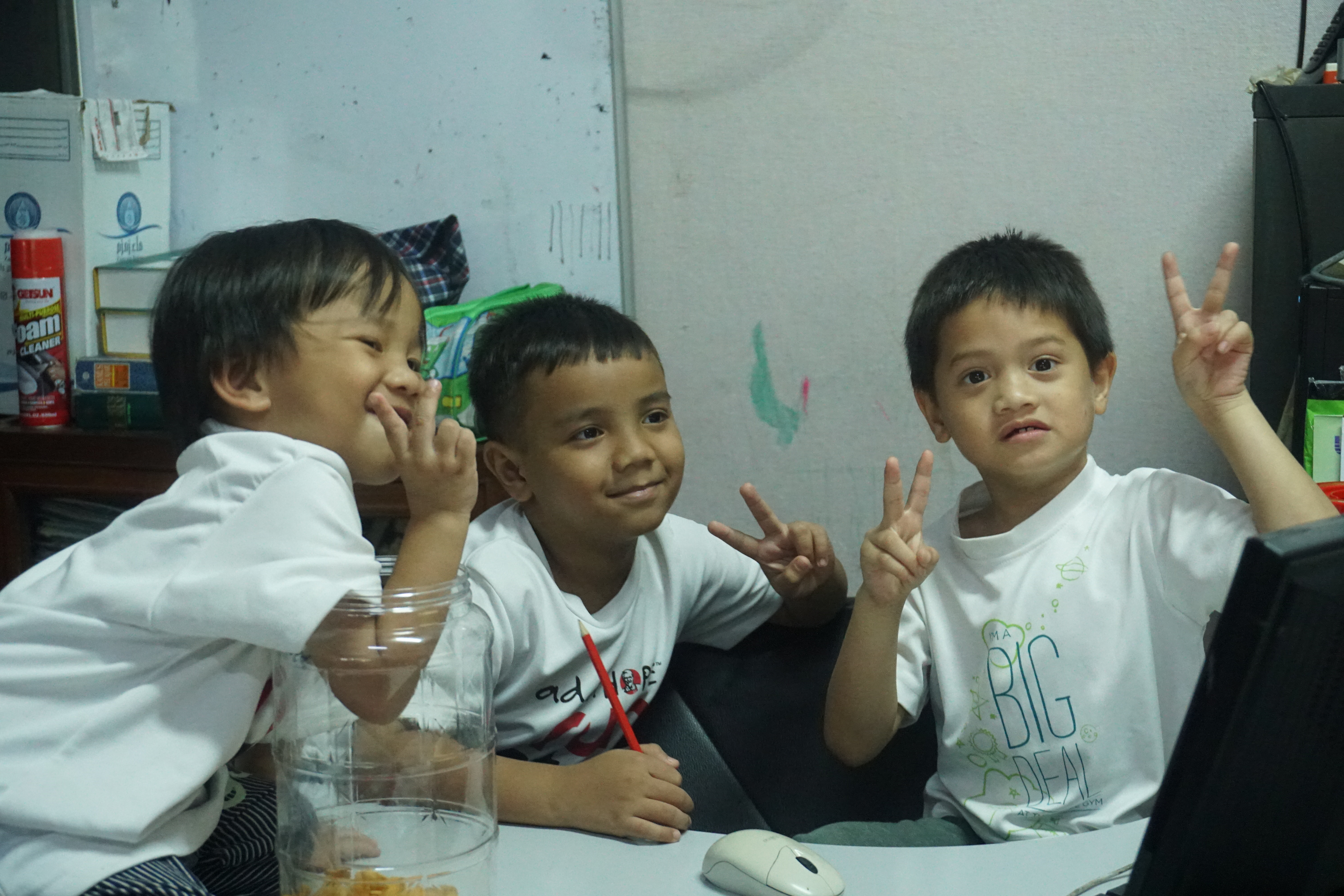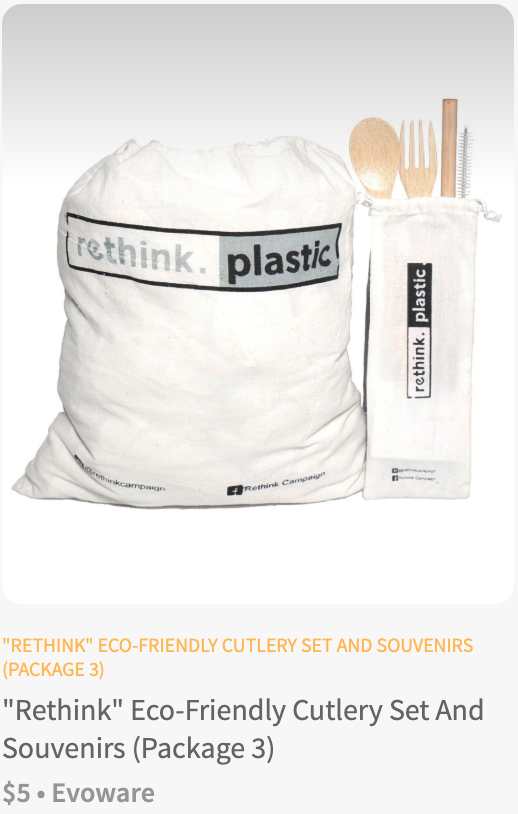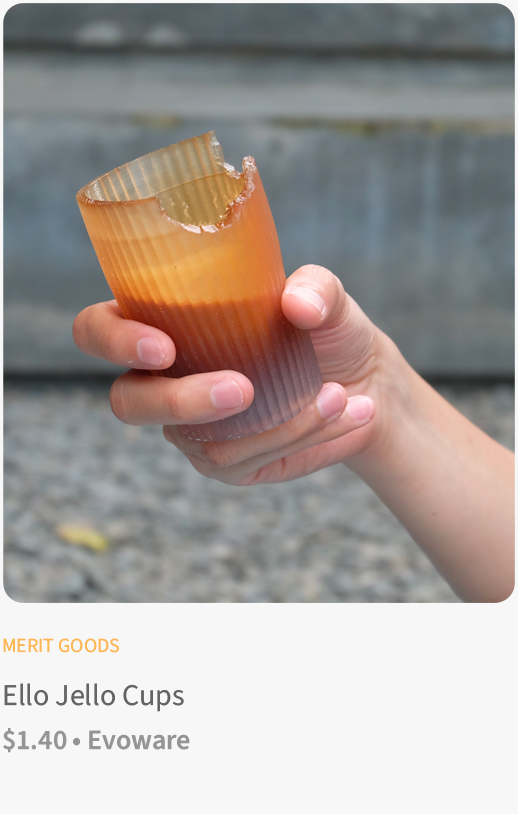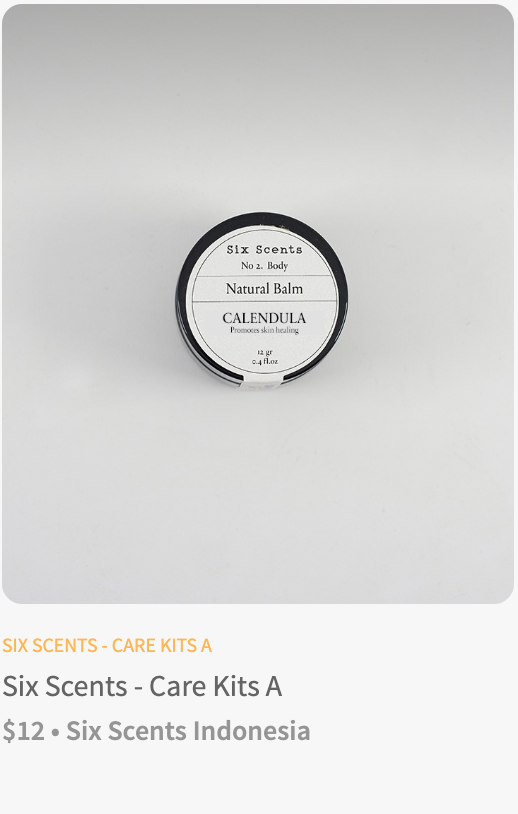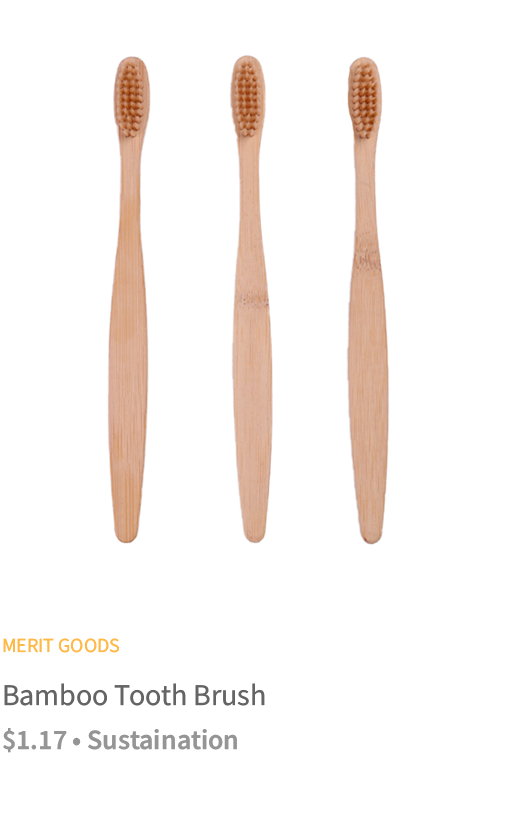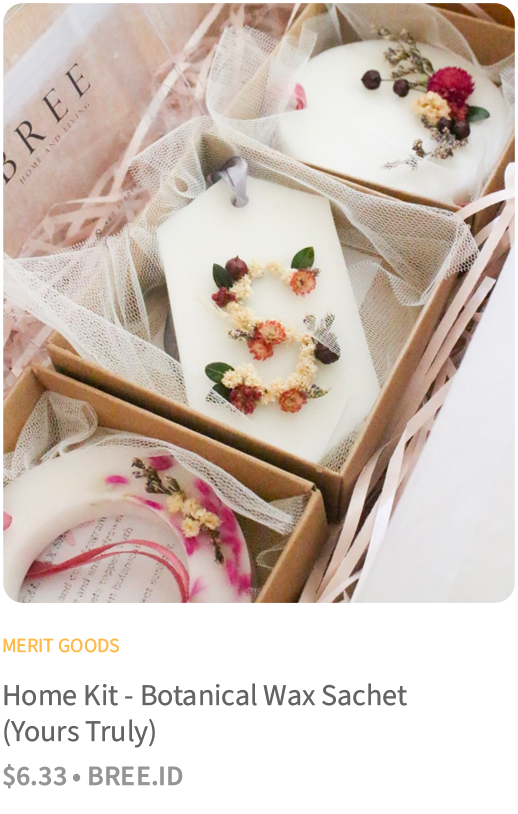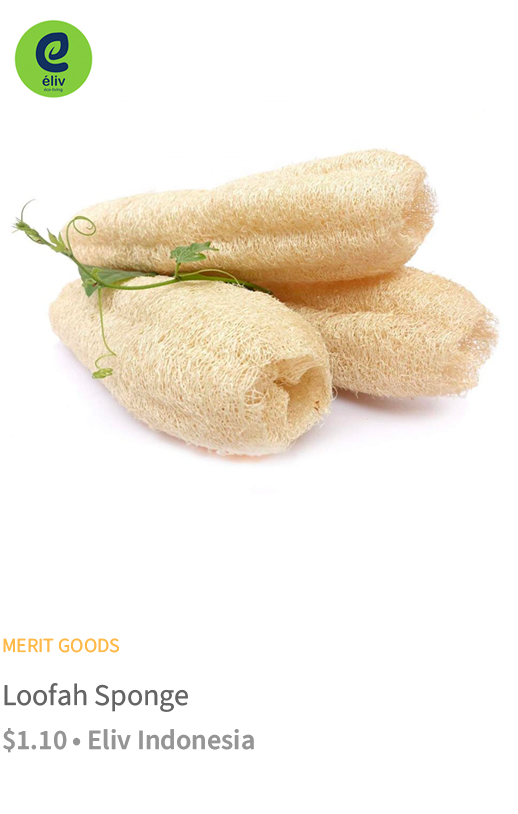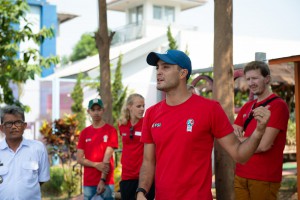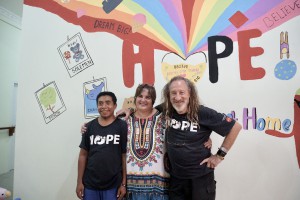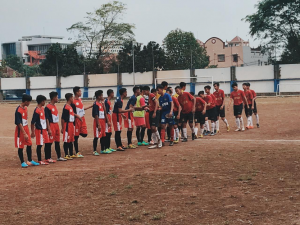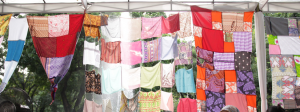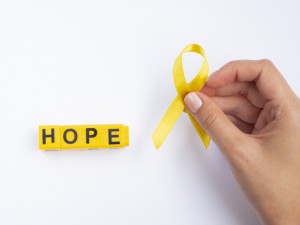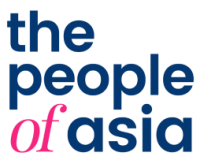Started in 1998, Rumah Titian Kaseh is a home shelter for the underprivileged, which varies from orphaned and abandoned children, people with disabilities, senior citizens, and impoverished and underprivileged single mothers. It is based in Kuala Lumpur and now a home for about 130 people.
The routine of the residents are customary from day to day. The children are sent to school or tuition classes by dedicated drivers, while the rest (i.e. single mothers) are doing house chores. On the weekends, the children are usually left alone to read or watch television, playing on their own. The caretakers don’t take the children out unless they are invited for an event, which usually occurs during festive periods such as Ramadan.
They separate the boys, girls, senior citizens and toddlers. The boys are supervised by the ustaz (religious teacher), while the girls and toddlers are watched by the single mothers who doubled as caretakers. The residents also sell snacks to support the household with steady income.
They live harmoniously, though not without some challenges. Their problem could be as simple as the teenage boys or girls who start to care for their appearance and thus ask for styling products like hair gel, to broken ceilings, downpours and cracked floors. But their biggest challenge lies in keeping the house, so they can stay together.
Rumah Titian Kaseh started out in the founder’s own house, Sharifa (popularly known as Mak Pah). But as they grew bigger, the house also need to expand. So, they rented a bigger house in which they are currently residing. The house has been so dear for them for they have countless of wonderful memories.
Unfortunately, up until now they are still only a tenant to their home. Back in 2010 they almost lost the house due to rent payment problems. Luckily they got to overcome the situation and keep the family together. They wish to one day be able to buy the house and own it permanently, though they are still struggling with the funds.
There are many ways to help them sustain their loving home. Simply, you can support them through donations, be it in cash or daily needs like shampoo, food, clothes. But you can also give them something immaterial, for the children are faced with challenges of independence as they reach adulthood, which you can read more about here.
Check out their page and updates here.


